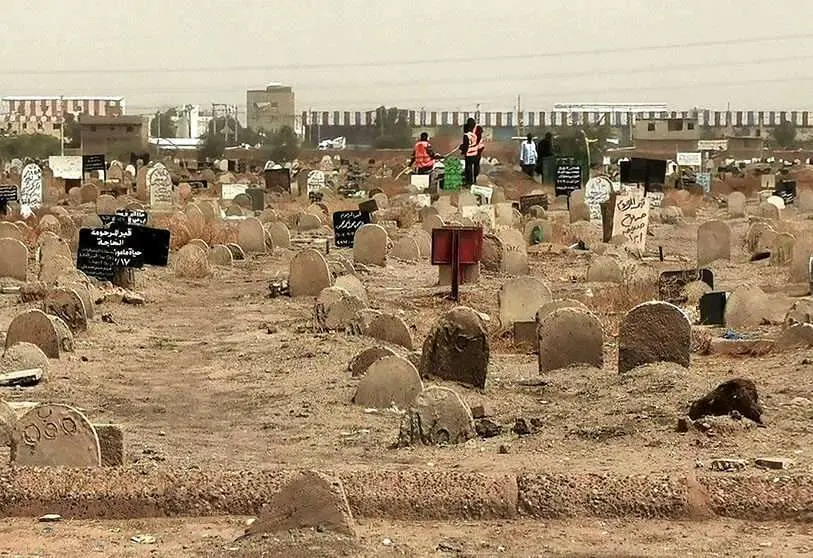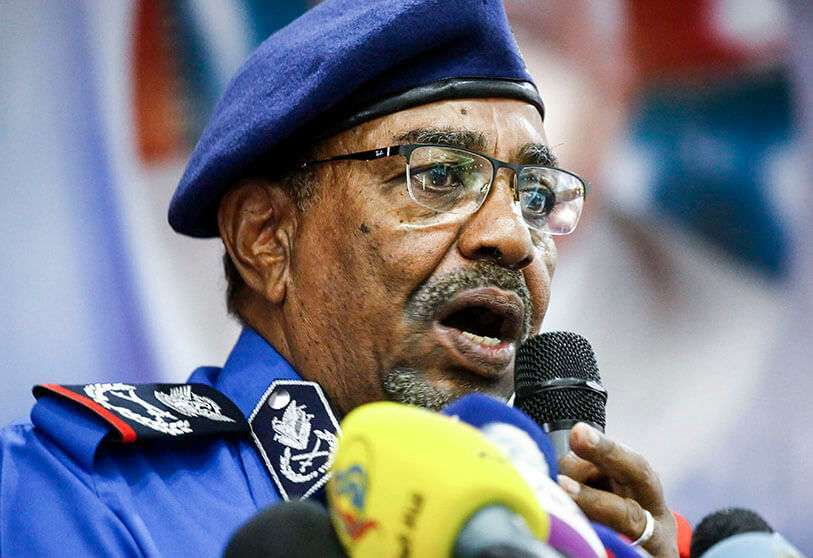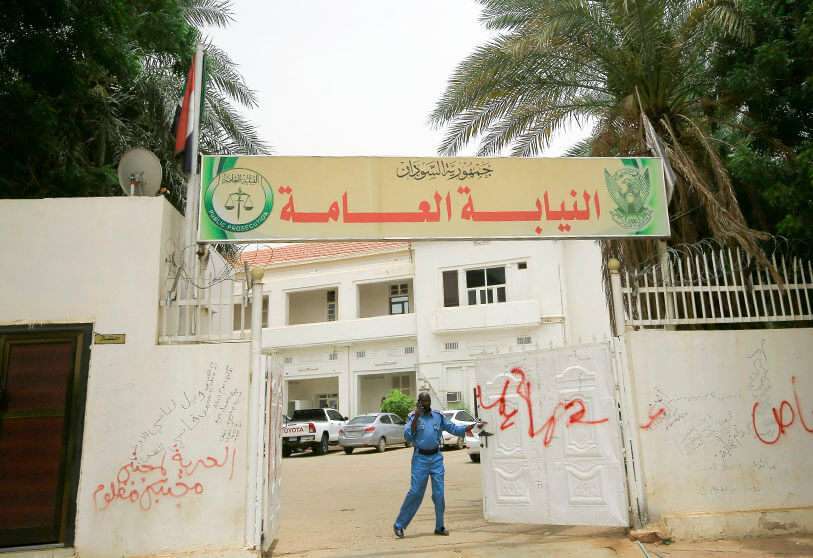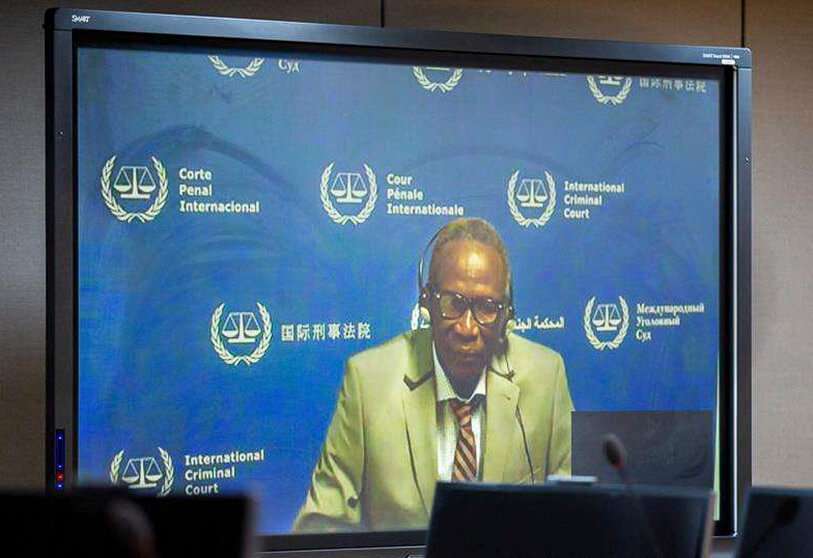Sudan faces new macabre discoveries from the Al-Bashir era

The discovery of a mass grave east of the capital Khartoum, where dozens of bodies have been buried since 1998, has reopened the vestiges of Omar al-Bashir's era in Sudan. According to the country's prosecutor's office, the bodies are said to belong to students who tried to escape military service that year, when they were refused permission to visit their families because of a Muslim holiday, Eid al-Adha. The committee investigating the killings at the El-Eifalun military camp, according to the Middle East Eye, has announced that the grave has already been exhumed and that an investigation has now begun, which it hopes will shed some light on this grisly event. So far, based on witness testimony, the committee says the recruits tried to flee the camp in a boat across the Blue Nile River, where some drowned, while others were shot dead by the military chasing them as they fled. The exact number of bodies found is still unknown, although police reports at the time listed 52 deaths, although the committee states that "the actual number of deaths is higher than reported", since the local media reported at the time that at least 206 recruits had disappeared.
The El-Eifalun facility was used by the Government of former President Al-Bashir to train recruits who were then sent to fight the Sudan People's Liberation Army (SPLA) in the south. The former commander, who was ousted from power in April 2019, extended compulsory military service during the civil war, which ended with a peace agreement in 2005 and then the secession of Southern Sudan in 2011. "Commanders and instructors of conscripts were often members of the Bashir government and allied groups who often framed the conflict against the SPLA, from the mainly Christian south, as a holy war," they have explained since that publication. That is why the alleged killers of the students found in the grave were believed to be members of Al-Bashir's orbit and, moreover, have reportedly escaped the country, according to the Sudanese prosecutor's office.

Sudanese Attorney General Taj al Sir al Hibr also announced on Monday that other issues related to the Al-Bashir era are being investigated. On the one hand, the Islamist-backed military coup that took place in 1989 and brought the former commander to power; and, on the other hand, cases of corruption and violence against protesters that occurred during the anti-government protests that erupted in December 2018, according to The National. During the uprising, which lasted well into 2019, 246 people died and hundreds more were injured, according to the Central Committee of Physicians. Human rights organizations and opposition groups blame the Rapid Support Forces (RSF) - a paramilitary militia then in the service of Al-Bashir - for the wave of violence.
On the investigation surrounding the former commander, Al-Hibr has acknowledged that there are "legal and sovereign obstacles" to his surrender to the International Criminal Court (ICC), based in The Hague. This court accuses him of having committed war crimes, crimes against humanity and genocide during the conflict in Darfur (2003-2008), which left 300,000 dead. His extradition has been pending for a decade.

The attorney general has said that most of the leaders accused by the ICC of being involved in this conflict are in custody, but that "it takes time to make decisions on this matter". The Sudanese judiciary is now reportedly backing down, for reasons that are not officially known, as in February Abdalla Hamdok's executive assured that both Al-Bashir and the other ringleaders wanted by the international tribunal would be handed over. It should be mentioned here that one of the reasons could be that the country's Prosecutor announced in December the opening of an investigation into the crimes in Darfur, and this prevents the case from being admitted by the ICC, since according to article 17 of the Rome Statute, a case will be inadmissible by the court when "it is being investigated or prosecuted by a State which has jurisdiction over it, unless that State is unwilling or unable genuinely to carry out the investigation or prosecution".
At the domestic level, the former President has gone through a number of legal proceedings concerning different crimes, including money laundering for a sum he received from Saudi Arabia's Crown Prince Mohamed bin Salman. Last December, he was sentenced to two years in prison for corruption, a sentence he is currently serving in Kober prison in Khartoum.
These statements by the Prosecution coincide with the start of the ICC trial against Ali Kushayb, a former leader of the Janjaweed militia, who is accused of more than 50 crimes under the definition of crimes against humanity and war crimes in the context of the conflict in Darfur, including murder, rape and pillaging.

The former insurgent leader was extradited to The Hague last week, 13 years after a warrant was issued for his arrest. At his first appearance in court, he pleaded not guilty to the charges against him.








